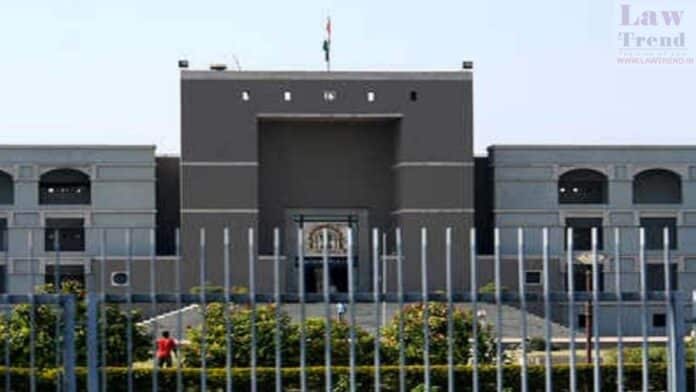Nearly two decades after their conviction in a 2002 post-Godhra riots case, the Gujarat High Court has acquitted three men, citing lack of reliable and corroborative evidence.
A single bench of Justice Gita Gopi allowed the appeals filed by Sachin Patel, Ashok Patel, and Ashok Gupta against their conviction and five-year rigorous imprisonment handed down by a fast-track court in Anand on May 29, 2006. The trio had been held guilty under various sections of the Indian Penal Code related to rioting, arson, and unlawful assembly.
“The learned trial court judge had erred in the appreciation of the evidence. Conviction is not based on reliable and corroborative evidence. The identification of the accused has not been proved during the trial,” the High Court observed in its judgment delivered on Monday.
Of the nine accused in the case, four were convicted, including one who later died in 2009. The prosecution had alleged that the convicted individuals were part of a mob that assembled in Anand district a day after the February 27, 2002 Godhra train burning incident and participated in damaging and torching shops in violation of prohibitory orders under Section 135 of the Bombay Police Act.
However, the High Court noted that the prosecution had failed to establish whether the appellants were indeed members of the unlawful assembly or involved in the alleged acts of arson and vandalism. “None of their acts in prosecution of the common object—of setting things on fire and damaging private and public property—has been proved during the trial,” the court said.
The violence in question took place in the aftermath of the burning of the S-6 coach of the Sabarmati Express at Godhra, in which 59 people, mostly kar sevaks, were killed—an incident that triggered one of the worst episodes of communal violence in Gujarat’s history.
The acquittal brings an end to a long legal battle for the three appellants, who have now been cleared of all charges nearly 20 years after the events that led to their arrest and conviction.




